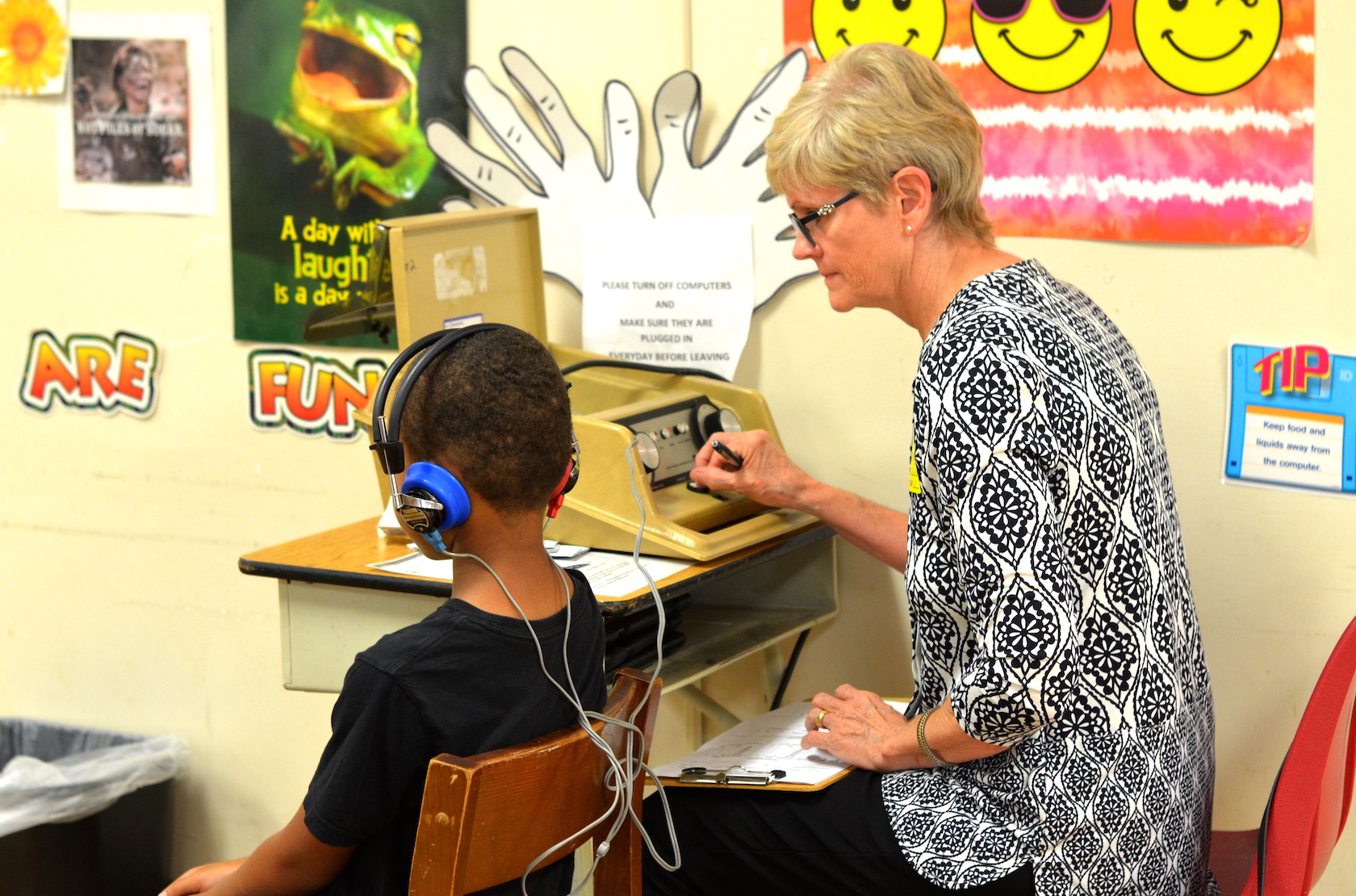How to Spot Hearing Problems in your Child
According to Centers for Disease Control (CDC) data, 14.9 percent of children between ages 6 and 19 have a hearing loss in one or both ears. Early signs of hearing impairment can be difficult to detect, but it’s important that your child receives as much clear auditory information as possible during his or her first few years. The first six years of life are critical for development and undiagnosed hearing impairments may have a lasting effect on your child’s reading skills and academic performance.
A review of literature found that children with a hearing loss in just one ear have more grade failures and need more educational assistance than other children.
Children with undiagnosed hearing impairments may have shortened attention spans or demonstrate challenging behaviors when frustrated. The earlier you detect potential hearing difficulty and have your child tested, the greater the chances early intervention will shift your child’s trajectory.
Infants should have a hearing screening before leaving the hospital. If your newborn fails the initial screening, a retest should occur within three months. Children with normal hearing should have their hearing evaluated at regular doctor appointments or any time there is a concern. Pay attention to your child’s behavior when they are listening to speech (in quiet and noisy environments) and when they are watching television.
Keep the following in mind, but use your parental intuition and schedule an appointment if you suspect any hearing trouble:
- Newborns should jump or startle to loud noises
- Babies 3 months old usually recognize a parent’s voice
- Babies 6 months old will turn their eyes toward a sound
- By 12 months, babies imitate some sounds and produce some simple words.
- Toddlers and preschoolers with hearing impairments may be language delayed, inattentive, have difficulty learning, fail to respond to their name, listen to television on a high volume, speak louder than is appropriate, often ask “what?”, watch you carefully when you speak, turn a particular ear toward you when you speak, respond inappropriately to questions, have trouble following directions, and fail to respond to a whisper.
- If your child is struggling in school, especially if there is a family history of hearing loss or if he or she had recurring ear infections, schedule a hearing evaluation.
If you have concerns about the financial costs of a potential hearing impairment, contact your local Lion’s Club. Their non-profit helps to provide evaluation and treatment to hearing impaired children.
If you suspect your child may have difficulty hearing, make an appointment with his or her pediatrician. Bring a list of your concerns so that you don’t forget anything when you speak to the doctor. Your child’s pediatrician can make a referral to the appropriate medical professionals if further evaluation is necessary.
Hearing is not the only factor that can negatively impact a child’s performance in school. Vision and behavioral problems also play a role. To learn how to detect vision and behavioral health problems in your child, reference our blog.
Resources:
Lieu, J.E.C. (2004). Speech-Language and Educational Consequences of Unilateral Hearing Loss in Children. Archives of Otolarygology Head and Neck Surgery, 130, 524-530.

